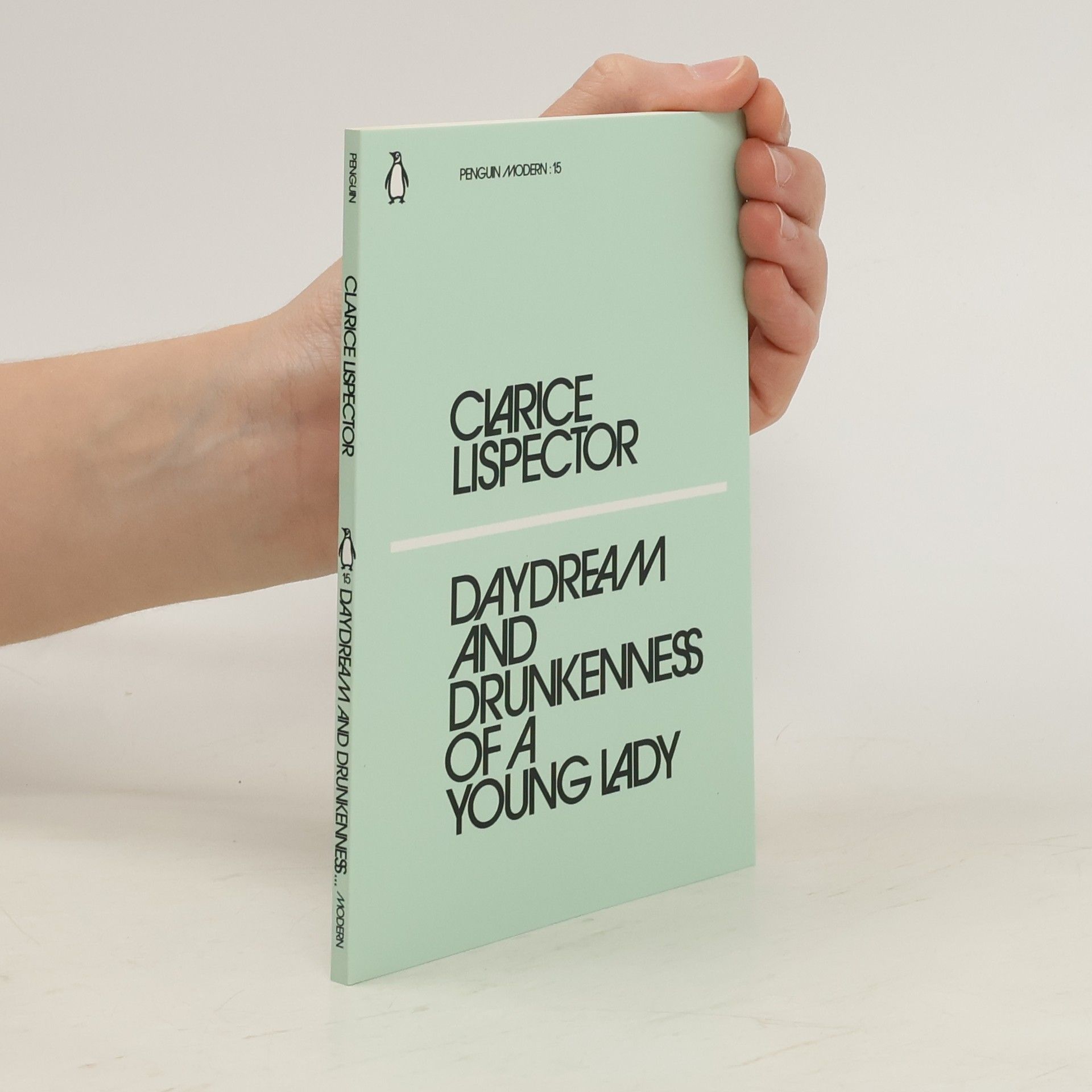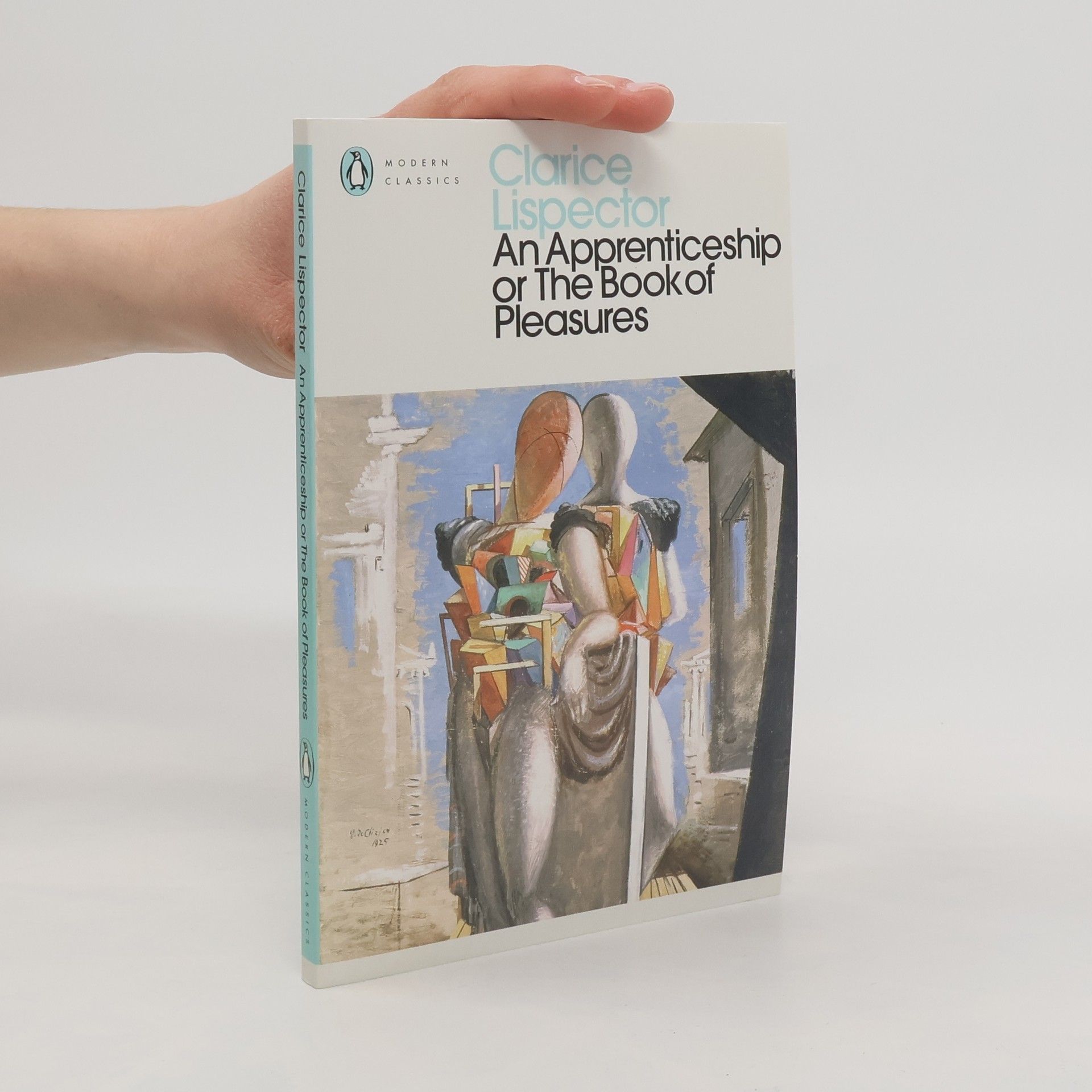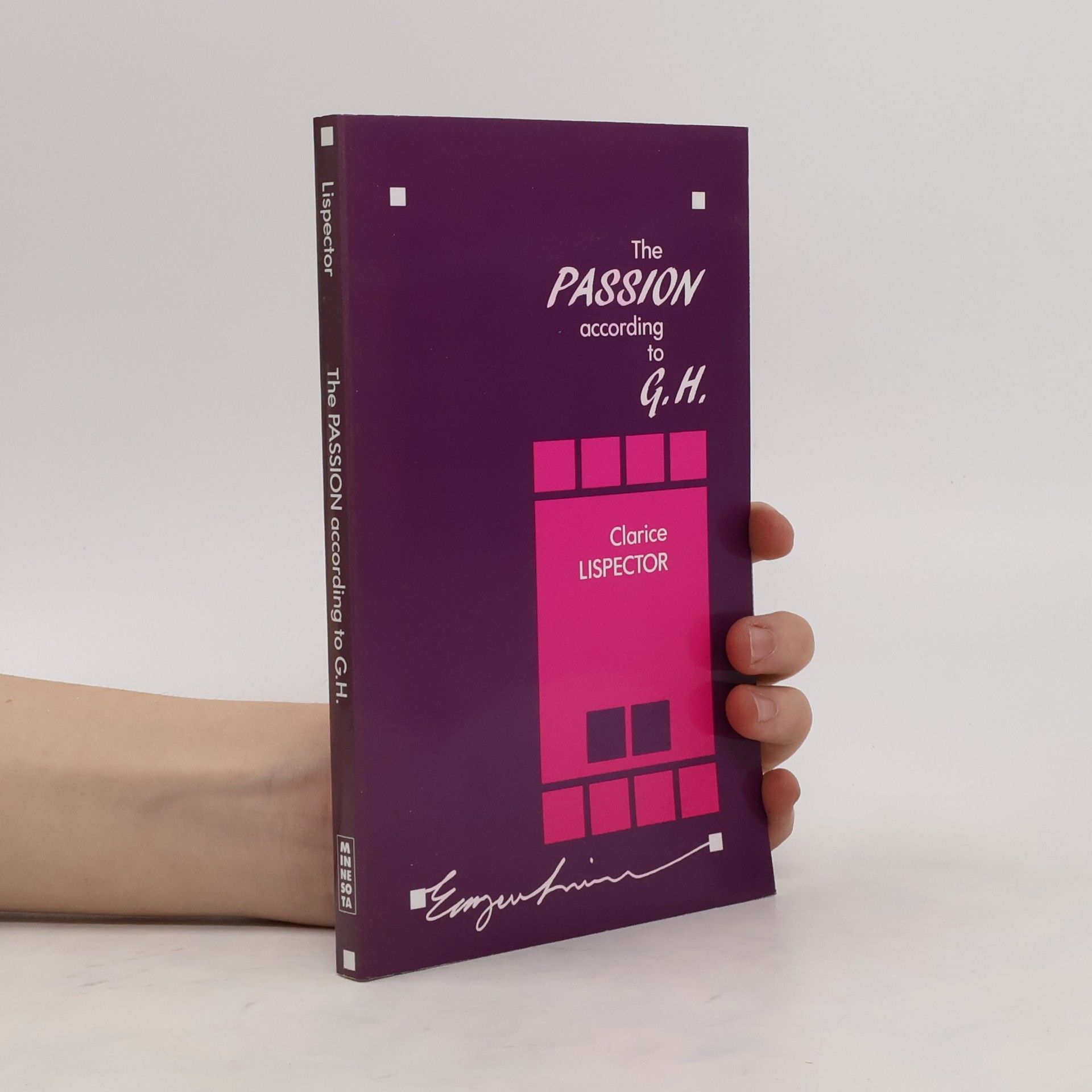Vypravěčkou této neobyčejné prózy je malířka, která se rozchází s mužem, aby našla bytostnou nezávislost a nebezpečnou svobodu. Místo barvami a tvary se tentokrát vyjadřuje slovy. Napohled chaotickou, kypící i zajíkavou promluvou, improvizací na různá témata, nesměřuje k jasně uspořádanému projevu: slovem se snaží zachytit „ne-slovo“, to, co je mezi řádky a zdá se být nesdělitelné. Slovo je pouze prostředek, „návnada“, a nevypráví se jím příběh, ale zachycuje se měnlivý stav hledajícího ducha. Abstraktnost myšlení se střetává se slastí i trýzní matérie, jedno se vyjadřuje skrze druhé, a zjevuje se radost.
Clarice Lispector Knihy
Klarice Lispectorová byla brazilská spisovatelka, která se proslavila inovativními romány a povídkami. Její dílo je známé svým hlubokým psychologickým vhledem a experimentálním jazykem, který zkoumá nitro lidské existence. Lispectorová se zaměřovala na témata identity, spirituality a běžného života, přičemž často používala vnitřní monolog a introspektivní styl. Její jedinečný přístup k vyprávění a filozofické otázky, které klade, z ní činí jednu z nejvýznamnějších a nejvlivnějších autorek latinskoamerické literatury 20. století.




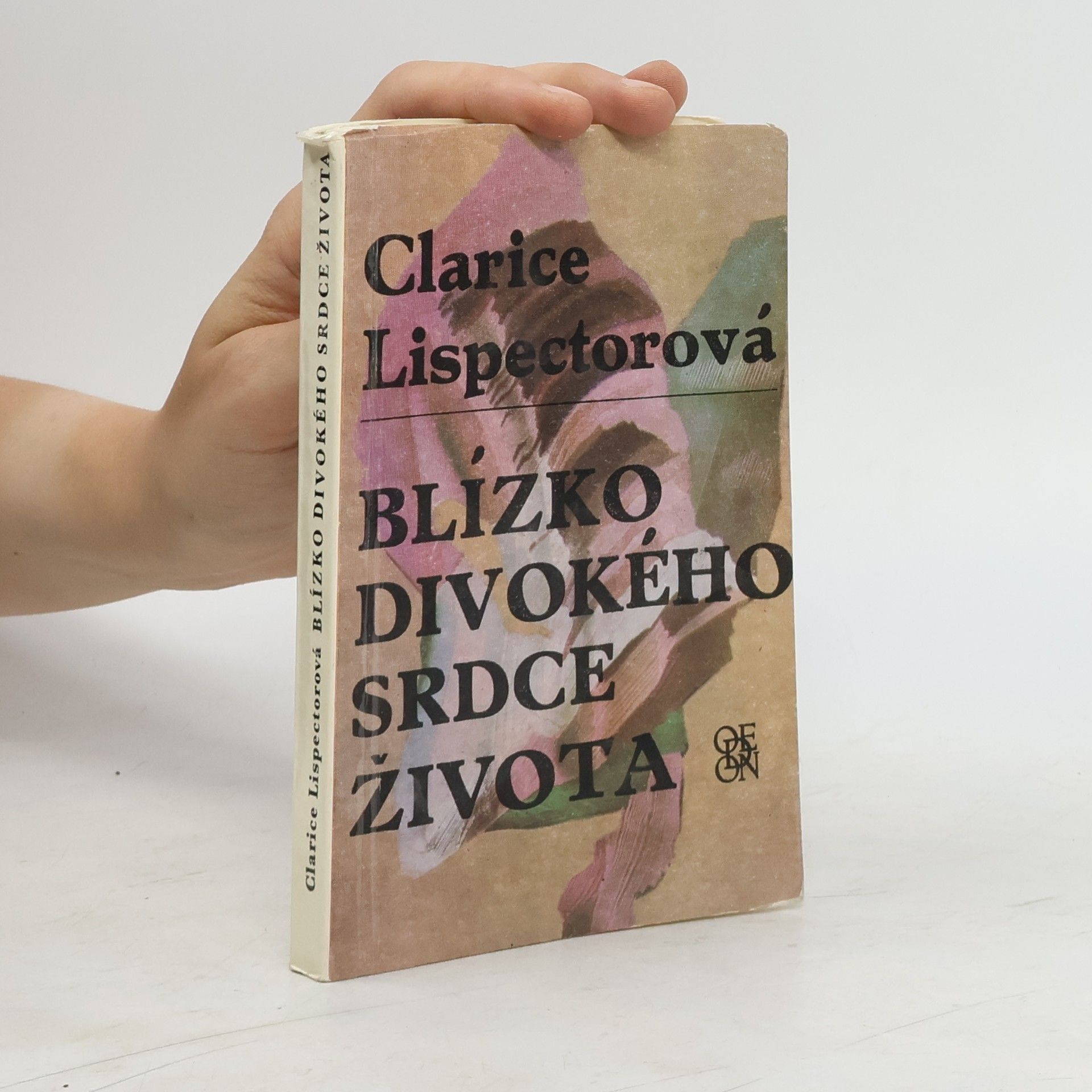
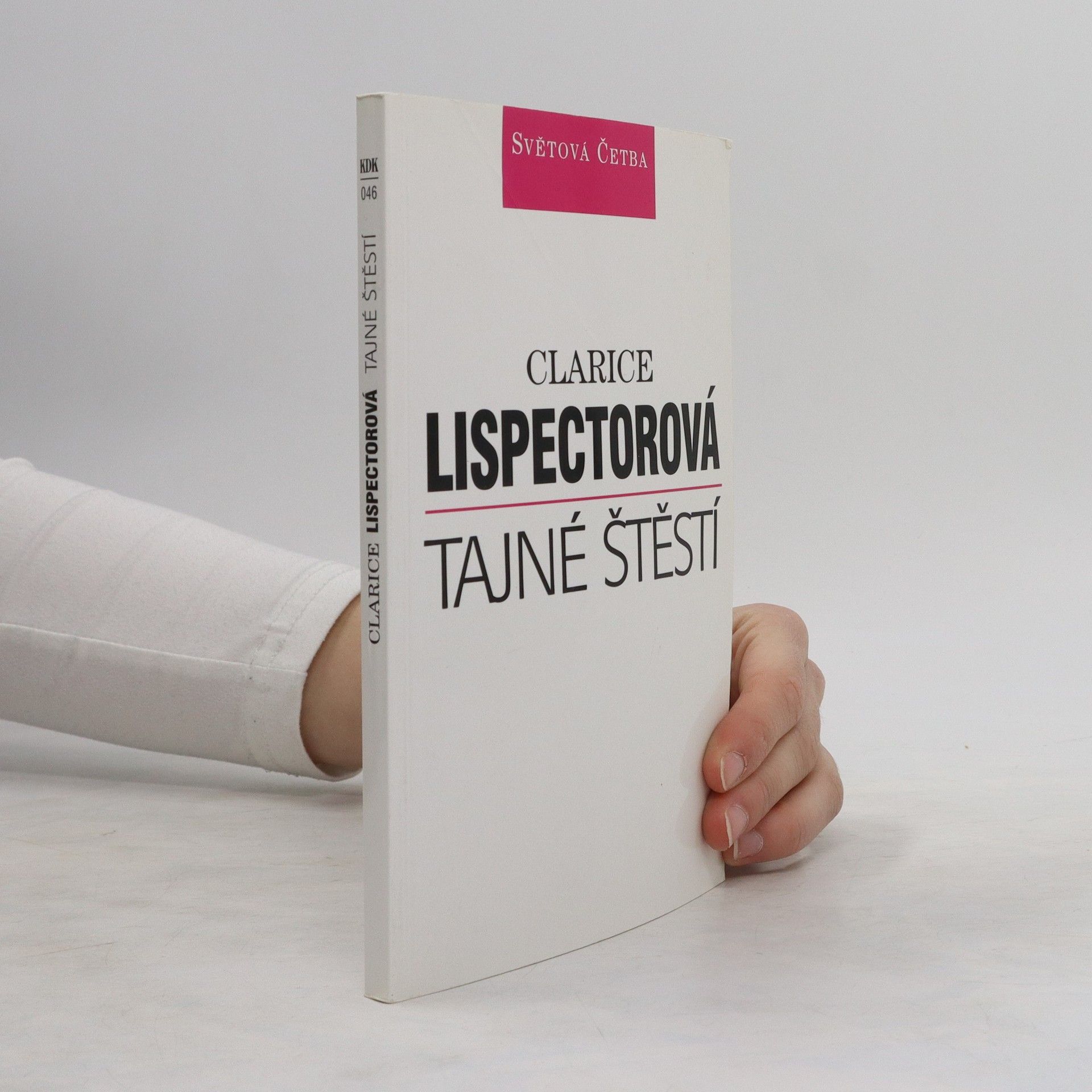
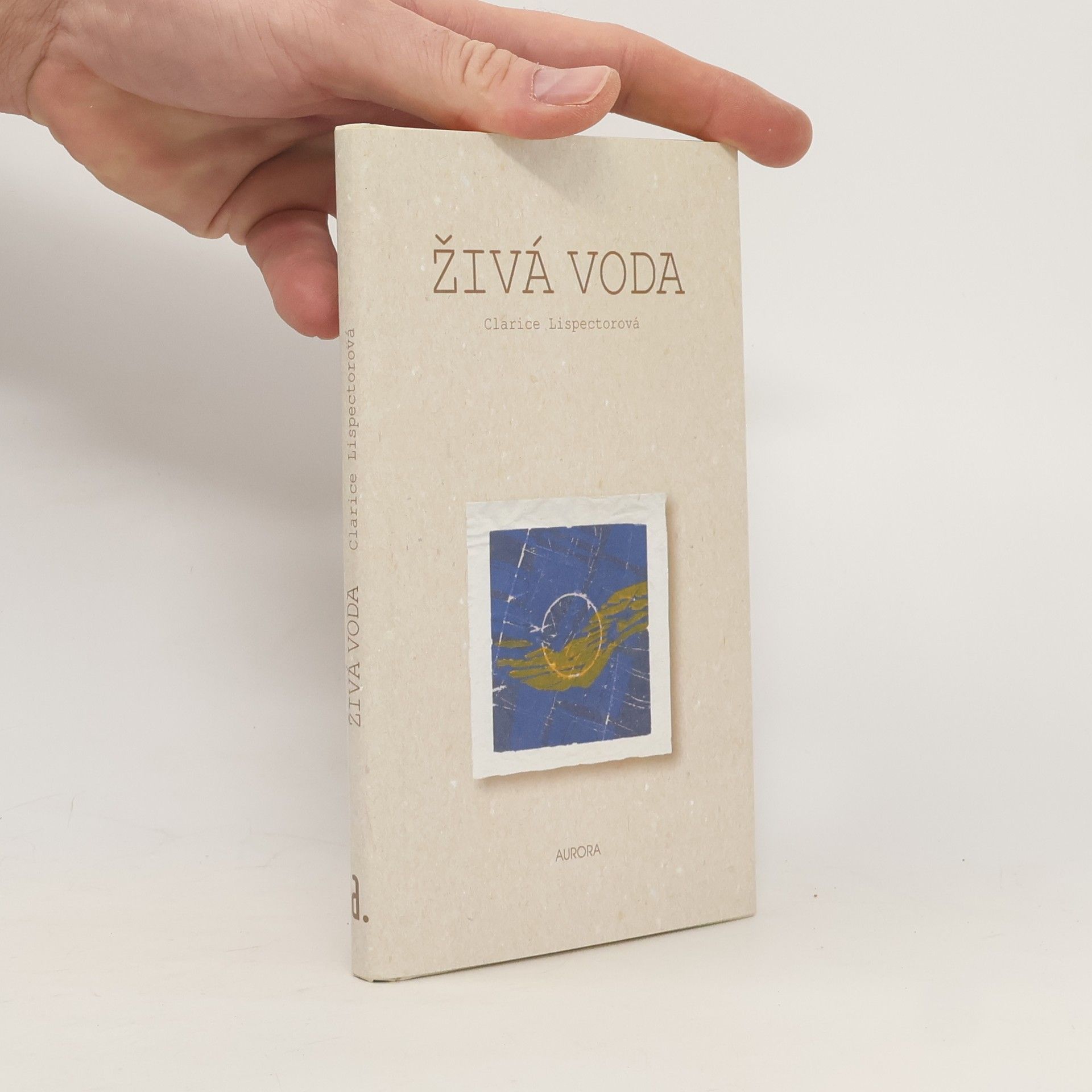
Výbor z povídek brazilské spisovatelky Clarice Lispectorové ukazuje všechny nosné aspekty její tvorby. Své hrdiny staví do krizové, přesto však v životě běžné situace a dává nahlédnout do jejich reakcí. Povídky vybrala a doslov napsala Pavla Lidmilová.
Brazilská spisovatelka židovského původu zachycuje ve své románové prvotině (1943) příběh mladé dívky, která se v krizích a zmatcích probíjí na cestě od dětství a mládí k dospělosti – k lásce k muži, k opravdovosti manželského vztahu.
If the magnificent work of Clarice Lispector comprises a literary feast (and it does), then the crônicas-short, spontaneous, intensely vivid newspaper pieces-are her delicious canapés
Complete Stories
- 704 stránek
- 25 hodin čtení
Here, gathered in one volume, are the stories that made Clarice a Brazilian legend. Originally a cloth edition of eighty-six stories, now we have eighty- nine in all, covering her whole amazing career, from her teenage years to her deathbed. In these pages, we meet teenagers becoming aware of their sexual and artistic powers, humdrum housewives whose lives are shattered by unexpected epiphanies, old people who don't know what to do with themselves-- and in their stories, Clarice takes us through their lives--and hers--and ours.
Breath of Life
- 192 stránek
- 7 hodin čtení
Written in agony, this book features elegiac meditation on the creation of life, and of art.
Daydream and Drunkenness of a Young Lady
- 64 stránek
- 3 hodiny čtení
Noveller. Three tales of three women - their secret desires, fears and madness
A lonely woman in Rio de Janeiro makes a connection that will change her life. Ulisses, a mysterious man, has penetrated her soul and turned her inside out. This is a devastating novel of the interior, of a woman yearning to love, of the ultimate unknowability of the other in a relationship, of the cosmic changes that enrich us and destroy us at the dawn of love.
The Passion According to G.H.
- 188 stránek
- 7 hodin čtení
A disoriented and confused young woman looks back on her life and her place in the world."
The Hour of the Star: 100th Anniversary Edition
- 128 stránek
- 5 hodin čtení
The Hour of the Star, Clarice Lispector's consummate final novel, may well be her masterpiece. Narrated by the cosmopolitan Rodrigo S.M., this brief, strange, and haunting tale is the story of Macabéa, one of life's unfortunates. Living in the slums of Rio and eking out a poor living as a typist, Macabéa loves movies, Coca-Cola, and her rat of a boyfriend; she would like to be like Marilyn Monroe, but she is ugly, underfed, sickly, and unloved. Rodrigo recoils from her wretchedness, and yet he cannot avoid the realization that for all her outward misery, Macabéa is inwardly free. She doesn't seem to know how unhappy she should be. As Macabéa heads toward her absurd death, Lispector employs her pathetic heroine against her urbane, empty narrator--edge of despair to edge of despair--and, working them like a pair of scissors, she cuts away the reader's preconceived notions about poverty, identity, love, and the art of fiction. In her last book she takes readers close to the true mystery of life and leaves us deep in Lispector territory indeed.
